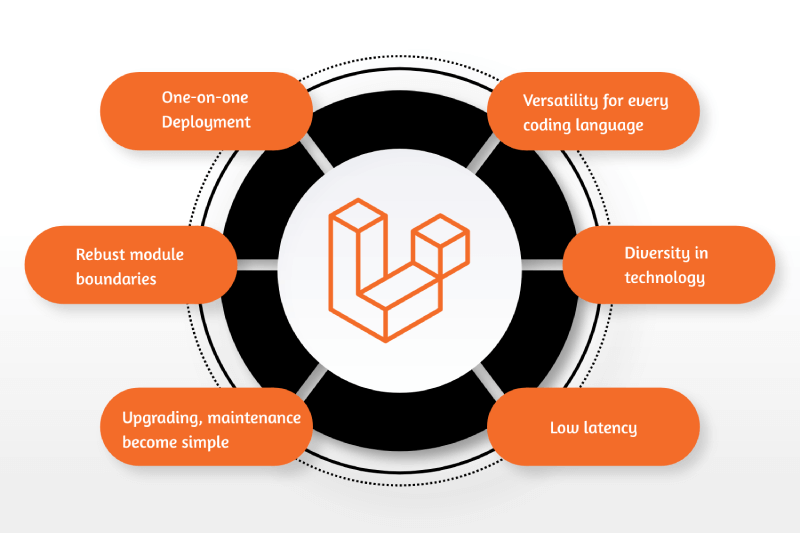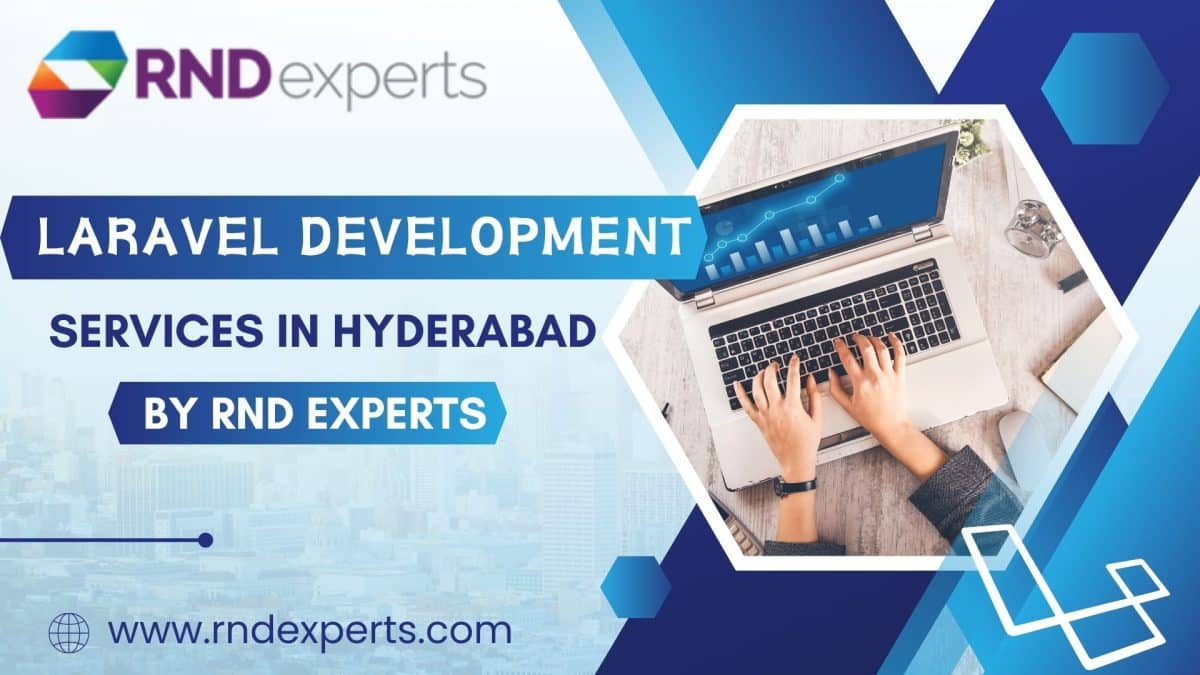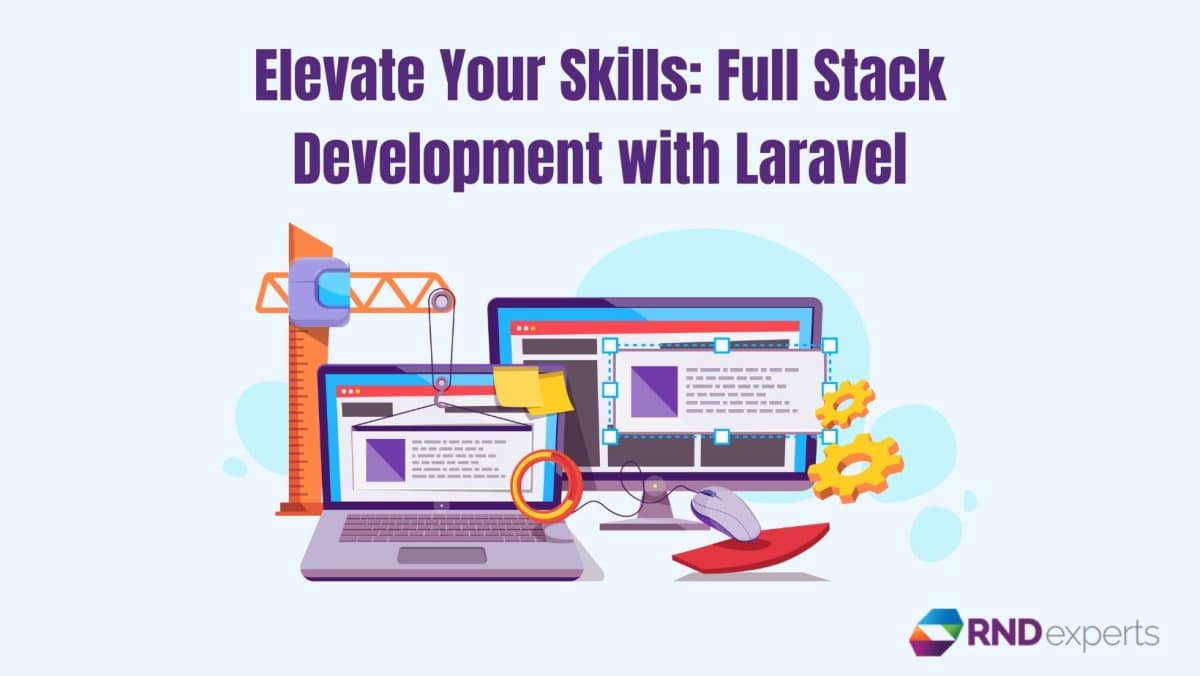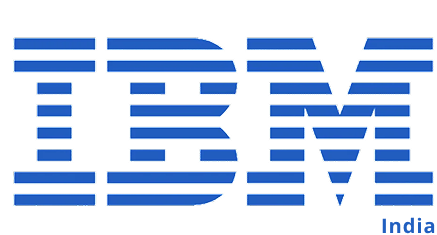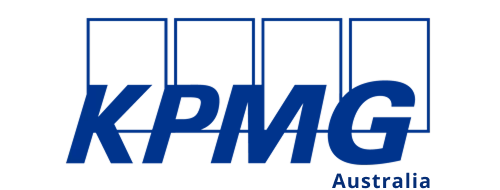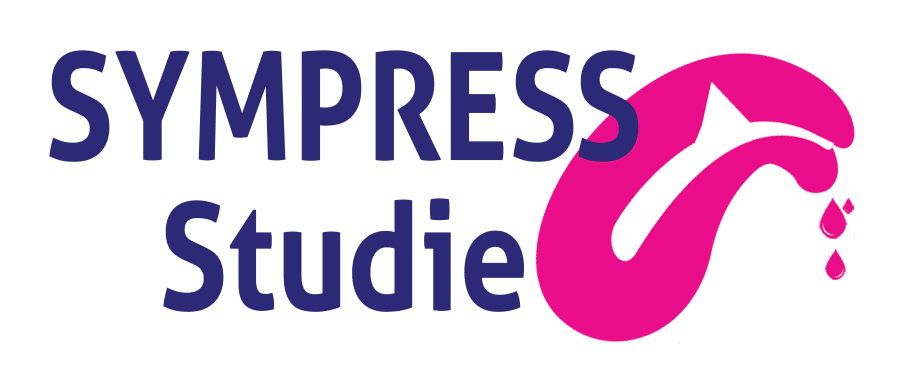Microservices architecture has become a popular choice for building scalable and maintainable applications.Laravel, a powerful PHP framework, offers robust features that make it an excellent choice for developing microservices. In this article, we will explore how to develop microservices with Laravel. What are Microservices?Microservices architecture is a design approach where a single application is composed Read More…
